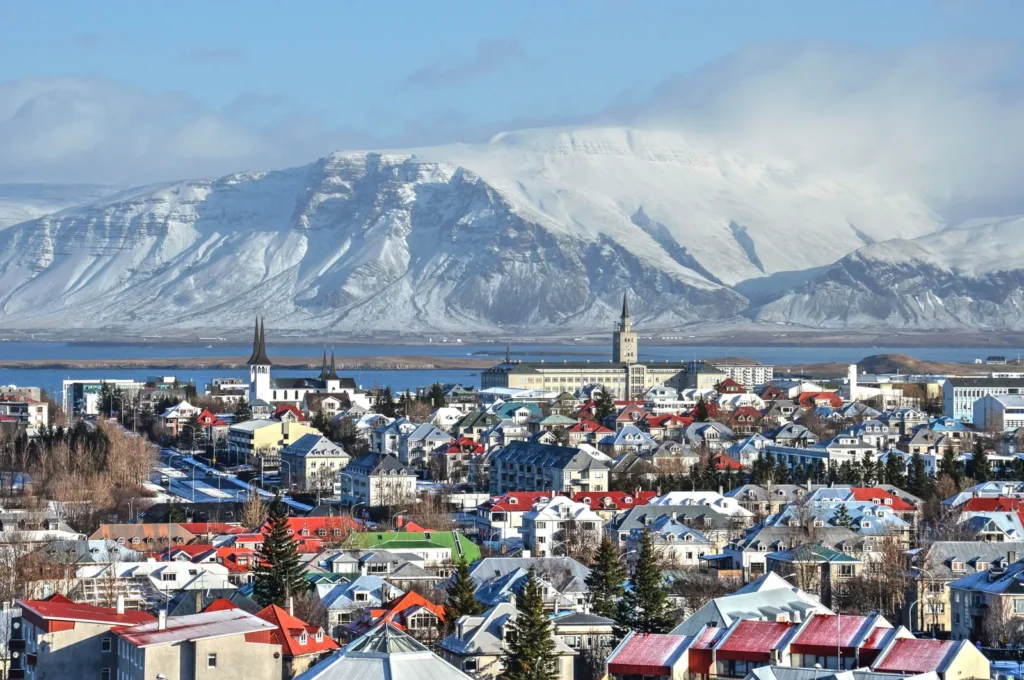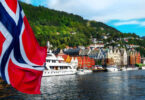Iceland is renowned for its safety and is considered one of the safest countries to travel to in the world. Travelers can enjoy the stunning landscapes and warm hospitality of the locals without major concerns about crime or scams. Moreover, Iceland offers excellent phone reception and widespread access to wi-fi networks, ensuring that travelers can stay connected and seek assistance if needed.NWhile Iceland may seem like a near-perfect destination, it’s essential to remain vigilant and aware of your surroundings while traveling.
By exercising caution and being prepared for any unforeseen circumstances, you can fully embrace the unique travel experience Iceland has to offer, with the added comfort of a secure and supportive local community.

Safety in Iceland
The natural environment can be both breathtaking and potentially hazardous for travelers due to its diverse landscapes and unpredictable weather.
When exploring the country’s wonders, exercise common sense to ensure your safety. Avoid risky activities like climbing glaciers in Jokulsarlon Lagoon or getting too close to geysers in geothermal areas. Stick to marked trails and follow safety signs, and consider hiring a knowledgeable local guide for potentially risky adventures.
The weather in Iceland can change rapidly, going from sunny to stormy in minutes. Always be prepared by checking weather and road conditions through reliable sources like the Iceland Met Office and road.is. Carry essential supplies like extra water, snacks, blankets, and a connected mobile phone, especially if driving outside populated areas.
Visiting during winter presents unique challenges with limited daylight hours and slippery conditions. Watch out for hazards like ‘black ice’ on roads and be cautious while driving in the dark. Ensure your footwear has good tread, and consider avoiding tricky roads or hiring professional drivers if needed.
To enhance your safety, download the 112 App for emergencies and familiarize yourself with safety tips on the Safetravel website, a resource provided by the Icelandic Association for Search and Rescue (ICE-SAR).
Lastly, pack appropriate clothing for the Icelandic weather, including waterproof and windproof gear, thermal layers, warm clothing, and sturdy walking boots, especially during winter trips. Staying well-equipped and informed will help you make the most of your journey while staying safe and healthy in this magnificent country.
Safety as a female traveller
Iceland is known as one of the safest countries in the world, making it an excellent destination for solo and female travelers. While traveling alone or as a woman can pose risks in some places, Iceland’s low crime rates and peaceful environment minimize such concerns.
For female travelers in Iceland, there is generally little to worry about in terms of safety. The country’s main cities are safe to explore even at night, thanks to busy nightlife and the presence of people on the streets and in venues. However, like in any destination, it’s essential to stay alert and aware of your surroundings. In case of any uncomfortable situations, seek assistance from venue staff or fellow travelers.
Iceland is an ideal place for solo travelers or small groups, and many visitors relish the opportunity to explore the country independently after an Intrepid adventure. While there’s safety in numbers, if you decide to venture on your own, make sure someone knows your whereabouts each day, and keep a means of contacting local authorities or loved ones in case of need. Exploring Iceland’s stunning nature is a wonderful experience, but having a contingency plan and staying in communication ensures a smooth and safe journey.






